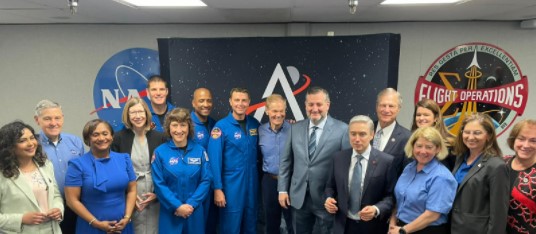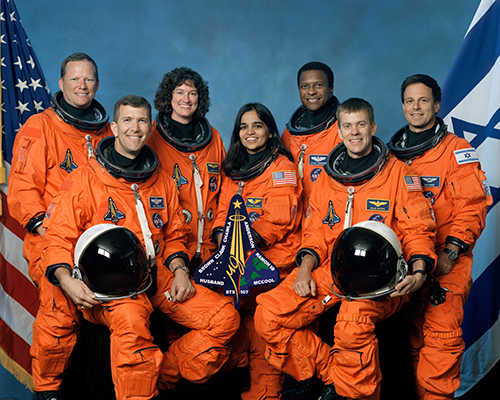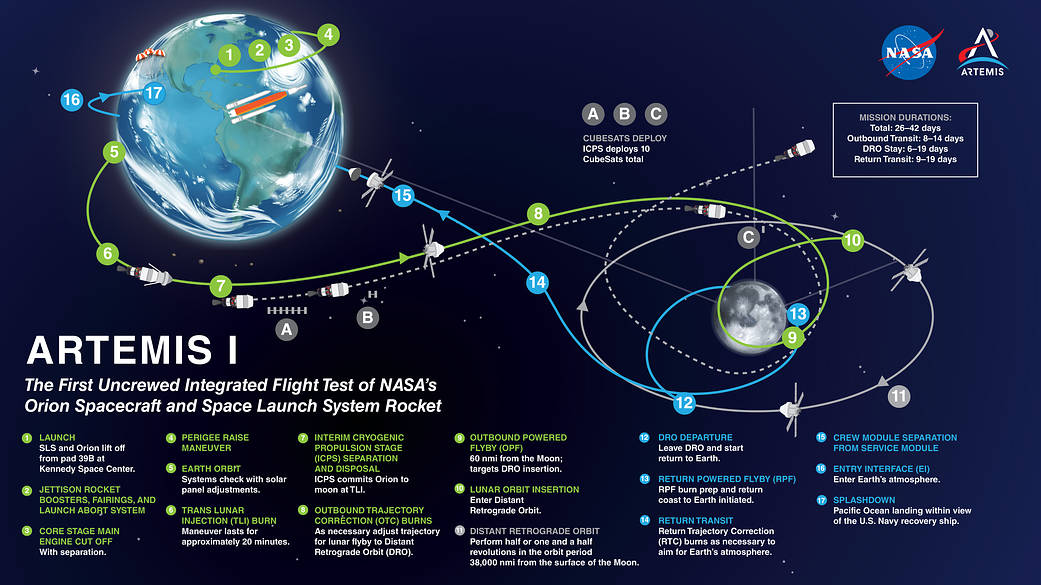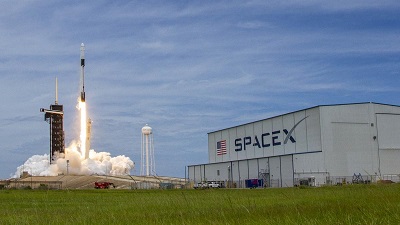Space Exploration Must Be NASA’s Priority
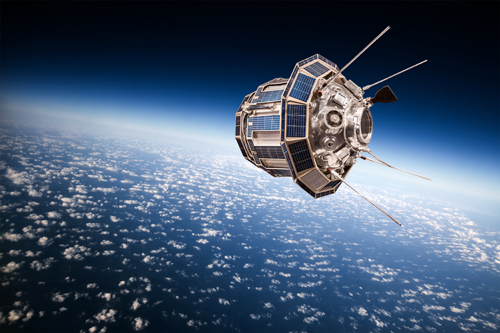 Members of the Subcommittee on Space yesterday discussed fiscal year 2016 budget priorities with National Aeronautics and Space Administration (NASA) Administrator Charles F. Bolden, Jr. at a hearing on the Obama administration’s request. NASA is the world’s leading civilian space agency and the only U.S. federal agency responsible for space exploration.
Members of the Subcommittee on Space yesterday discussed fiscal year 2016 budget priorities with National Aeronautics and Space Administration (NASA) Administrator Charles F. Bolden, Jr. at a hearing on the Obama administration’s request. NASA is the world’s leading civilian space agency and the only U.S. federal agency responsible for space exploration.
While there are some areas of agreement between the Committee and the administration in this budget, the president’s request regrettably changes agreed-upon national priorities. The Obama administration seems to have forgotten NASA’s priorities – and the main one is space exploration. There is a lack of balance in the overall science account request. Congressional guidance and the decadal surveys advocate for a balanced portfolio of science activities. Unfortunately, the president’s request does not adhere to that recommendation by the space experts. One of the most glaring examples is the disproportionate increase in the Earth Science Division that it receives at the expense of other science divisions and human and robotic space exploration.
There are 13 other agencies involved in climate change research, but only one that is responsible for space exploration. The administration continues to starve NASA’s exploration programs to fund a partisan environmental agenda. NASA simply deserves better.
Although President Obama’s FY16 budget request of $18.53 billion includes an increase of $519 million over FY15 appropriated levels, no plans have been proposed to pay for or offset the increase. And despite overall increases, the president’s proposal underfunds the Space Launch System and Orion programs, both necessary for deep-space missions to Mars. The budget proposal would cut these human spaceflight programs by nearly $400 million. In contrast, over the last eight years, the Obama administration has increased funding for the Earth Science Division by more than 63 percent.
For additional information on today’s hearing, including witness testimony and the archived webcast, visit the Science, Space, and Technology Committee website.




